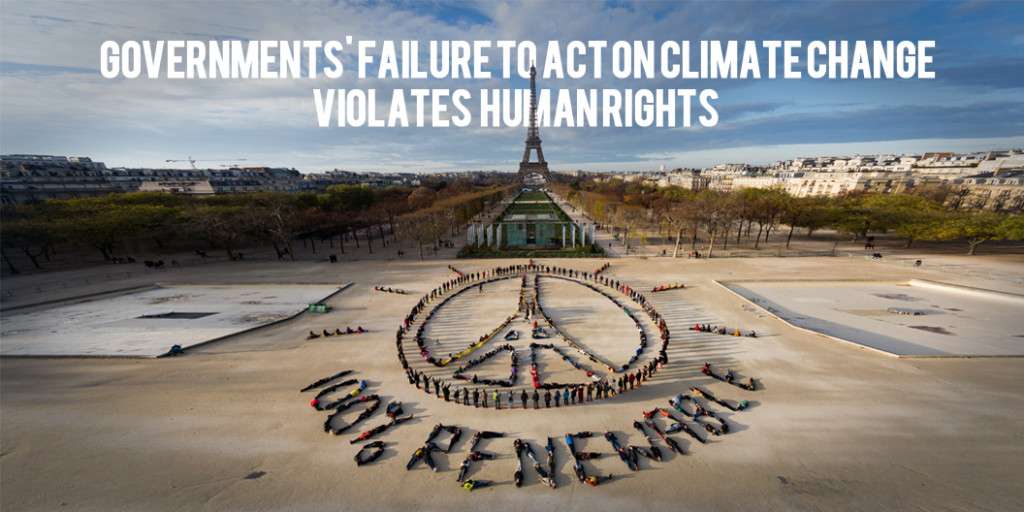Here in Paris, at the negotiations for the next global climate change agreement, delegates from 195 countries are discussing, and arguably deciding, the fate of our future. Following on the commitments those countries made when they joined the 1992 United Nations climate change treaty, they are now trying to create a way forward through 2020 in a new, related pact. Central to this endeavor is putting a number limit on global average temperature rise: 1.5 degrees Celsius versus 2 degrees Celsius. Also vital in the agreement is the pathway to achieve that goal, deciding when emissions peak and how we decarbonize.

The Climate Vulnerable Forum (CVF), a coalition of the 20 countries most vulnerable to climate change, is the visible leader for a 1.5 degree C goal. Speaking at the negotiations on Tuesday, the CVF Chair explained, “For vulnerable countries, there is a single thing that will measure the ambition of the Paris agreement and it is a number: 1.5.” He added that limiting global warming to below 1.5C would avoid or reduce risks to sea-level rise, food production, and unique and threatened systems like coral reefs.
Underlying their support for the 1.5C goal, CVF leaders stressed that climate change is a human rights issue. They illustrated how their people bear the brunt of extreme weather events: from Typhoon Haiyan taking 8,000 lives in the Philippines to drought in Ethiopia jeopardizing food security for the more than 18 million people dependent on agricultural livelihoods.
“Climate change already has a wide-ranging negative impact on fundamental human rights, and a 2-degrees goal would result in a major adverse impact on human rights globally, including on the right to life, to health and to food, some of the most basic human rights,” the CVR chair said in a statement, citing a recent United Nations Human Rights Council’s Special Procedures report on the difference between 2 and 1.5 degrees C on human rights.
As we approach the final days of the negotiations, there is a role for the public outside of the negotiations to support the 1.5 degrees C goal. One way to move world leaders toward the 1.5C goal “is to have our own people in our own nations call the negotiators” in Paris, explained a Costa Rican CVF leader. Highlighting the importance of the public’s role, he said that negotiators at the climate change conference “have to feel the pressure” from their home countries.
People anywhere in the world can call on their country’s delegates at COP21 to limit global warming to 1.5 degrees C.
Time is running out! Your country’s delegates need to hear from you. After all, the whole planet is represented this week in Paris, and its on the line. So tell your country’s delegates to support the 1.5 degrees C goal – and do it now!
By Guest Blogger Abby Rubinson, a human rights and environmental attorney writing from the Paris climate negotiations.
Originally published on December 10, 2015
